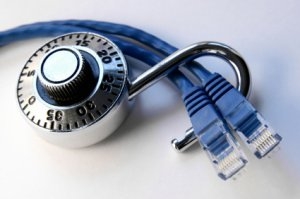
But the excitement about the potential of big data to improve our lives must not keep us from noticing that this new era raises ethical questions, which are in urgent need of answers. The question many are asking already is, "To what extent have our personal data been misused by governments and companies? Millions of people’s digital footprints have been appropriated for economic reasons and surveilled in the name of security, often without our consent.
Invited by the Rockefeller Foundation and Pop Tech to participate in their Inaugural Bellagio/Pop-Tech fellowship, I joined a multidisciplinary group of scholars and professionals to discuss the implications of big data on community resilience. We asked ourselves, "When a city or neighborhood is faced with disaster or stress, such as economic shock, climate change or a natural disaster, what should or could be big data’s role in boosting recovery, or even in helping prevent the disaster in the first place?"
Our conclusion is that when data are misused, networks are eroded, undermining the trust of citizens toward the institutions which exist to serve them. For example, during a natural disaster, geolocation is incredibly useful to recovery efforts. Yet very few people agree to share their location on social media platforms because they are wary that their data will be captured by companies eager to exploit it for inappropriate reasons.
Our group then asked, “How can we encourage people to share their data for social good? How can we enable people to share their information only when they feel it is necessary?”
In response, we have a proposal. Let's adopt the hashtag “#noshare,” or “#ns” as a statement on data ownership and our right to opt out of the current digital drainage of personal information.
Read the rest of the post on IJNet.
The International Journalists' Network, IJNet, keeps professional and citizen journalists up to date on the latest media innovations, online journalism resources, training opportunities and expert advice. ICFJ produces IJNet in seven languages: Arabic, Chinese, English, Persian, Portuguese, Russian and Spanish. IJNet is supported by donors including the John S. and James L. Knight Foundation.
Image CC-licensed on Flickr via CyberHades.